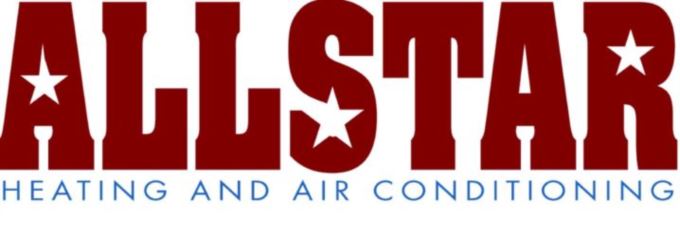
Ever done a double take when you took a look at your last energy bill? Even though high energy bills can be the consequence of intense weather events, persistently high bills can also indicate an inefficient HVAC system or your home is wasting energy by other means, like drafty windows or poor insulation.
One of the easiest ways to determine whether your home is using too much energy is by calling a home service expert to carry out a home energy audit, also known as a home energy assessment. Keep reading to find out more about home energy audits, including what they are and their benefits.
What Is a Home Energy Audit?
An energy audit is a thorough inspection of how much energy your home uses up and whether – and where – your home could be losing or wasting energy. An inspector will go through previous energy bills during an energy audit to determine where energy is being wasted and how much.
The overall goal of an energy audit is to help homeowners save money on their energy bills by recommending energy-efficient improvements, which may include swapping out your existing HVAC system, putting in new insulation, sealing up leaks, or replacing loose windows.
During the energy assessment, the auditor also completes an inspection of the outside and inside of your home. The auditor completes a blower door test on doorways, windows and fireplaces to determine if there are air leaks in your home. They’ll also evaluate your home’s HVAC system, including the ductwork, the water heater, and the insulation in your attic. Comprehensive assessments might also include inspecting your current lighting system.
Benefits of a Home Energy Audit
It can be hard for the average homeowner to be sure how efficient their home is versus other similar homes in their neighborhood. However, many energy companies often provide information about where your home is ranked when compared with similar homes and whether it’s more efficient, about average, or inefficient versus your neighbors’ homes. This is a useful starting point to figure out if you need an energy audit performed.
A few of the benefits of a home energy audit include:
Learning How Efficient Your Home Is
It’s worthwhile to know how efficient your home is and where you’re using up the most energy. For example, if your ducts are damaged, it can result in a significant increase in your energy bills and excessive wear and tear on your HVAC system because it has to run longer to completely heat or cool your home.
Making Energy-Efficient Updates
An energy audit can outline where you need to make energy-efficient upgrades to cut back on energy and decrease utility bills. This might include replacing old weatherstripping or installing a new energy-efficient furnace.
Enhancing Health and Safety
Allowing air to slip into your home through doors and windows, or because of a lack of insulation can cause unwanted moisture to form, which may negatively influence your home’s humidity levels or produce mold. This can exacerbate health conditions, particularly for people dealing with asthma or allergies.
Adding to Your Home’s Retail Value
Energy-efficient homes are preferred by homebuyers. You can sell your home much faster or for more money by showing possible buyers that it’s energy efficient.
How to Do an Energy Audit of Your Home
Although performing an energy audit independently will not be as detailed as calling a professional, it’ll offer a generalized idea of how energy efficient your home is. If you don’t find any flaws during the DIY test, then you probably don’t need to bring in a professional. Use this step-by-step checklist:
- Review your HVAC system. Broken ducts can lose nearly 20% of conditioned air, resulting in more expensive energy bills and excess strain on HVAC equipment. If you notice leaks, use duct tape to plug them. If your HVAC equipment is old and inefficient, upgrading to a new system can save you a significant amount on your energy bills. In some cases, it can be better to call a reputable HVAC company to inspect your system.
- Watch for signs of air leaks. Air leaks on average can increase monthly energy bills by 10 to 20%. Inside, look for air leaks in areas where you can find a draft, such as along the edge of flooring and near baseboards and electrical outlets. Outside, you can look for air leaks along the home’s foundation, siding and mortar. Plug, caulk or seal any air leaks to save money.
- Examine insulation. If your home is older, it could mean your insulation is too. If you can see the joists, you likely need more insulation.
- Check ventilation. Ensure that all of your kitchen and bathroom exhaust fans are functioning properly, and check for evidence of rot or moisture.
Contact Allstar Heating & Air Conditioning for a Professional Energy Audit
If you would like professional help finding out how energy efficient your heating and cooling equipment is, call the HVAC professionals at Allstar Heating & Air Conditioning today. We’ve proudly supported the residents of Buellton with quality home services for a long time. Contact us today to schedule an appointment.
